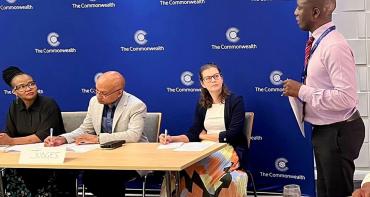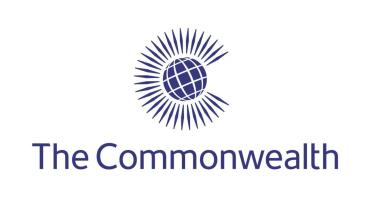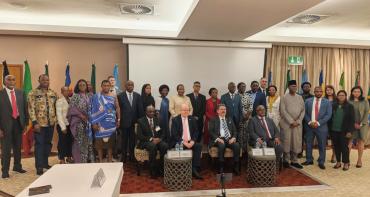Experts from around the globe have discussed ways to support more women into politics during two significant events hosted by the Commonwealth.

Experts from around the globe have discussed ways to support more women into politics during two significant events hosted by the Commonwealth.
Parliamentarians, civil society bodies, election management organisations, UN representatives and even former Prime Ministers all took part in two day-long workshops in London and Bridgetown on the 7 July to develop practical toolkits for political stakeholders and influencers.
women in leadership 1
The events in the UK and Barbados saw attendees discuss the findings of the Commonwealth Secretariat’s studies on Women’s Political Participation in the Commonwealth, as well as a checklist for election observers.
Commonwealth Deputy Secretary-General Dr Josephine Ojiambo introduced the London event and explained that she was keen to identify which strategies have worked for overcoming some of the cultural and political barriers that often prevent many women from entering the political sphere.
Dr Ojiambo told attendees, “I salute your commitment to the goal of achieving parity by the year 2030, which is now embedded in the United Nation’s Sustainable Development Goal 5 and addresses the incumbencies that still hold women back, particularly in the political platform.
“We hope the tools we are producing will ease politics for other women. We need to look at the role political stakeholders and influencers can play in promoting greater gender inclusion in decision-making. We need to look beyond numbers to understand the impact of inclusive leadership in achieving development goals. Not least because women make up less than 25 per cent of political leadership, especially at a parliamentary level.”
Dr Tres-Ann Kremer, political adviser at the Commonwealth, opened the Bridgetown workshop and explained that, given the Commonwealth elected its first woman Secretary-General in 2016, the issue of women’s political participation and leadership was close to the heart of the organisation.
Dr Kremer told attendees, “The Caribbean has much to brag about in terms of the number of women in leadership positions in our civil service who are making quality contributions every day. However, this excellence of representation is not observed in the region’s representational politics.”
A number of key themes emerged in the presentations and discussions during the course of the day, raising some of the main reasons why women are less likely to enter into politics. The feedback received from various organisations during the course of each workshop will now enable the Commonwealth to finalise the practitioner’s checklist, which will aide election observers.
women in leadership 2
Over the last decade there has been a drive to analyse the gender aspects of elections from the electoral systems to laws through to voter registration, the campaign itself, women candidates, and the outcome of those elections.



